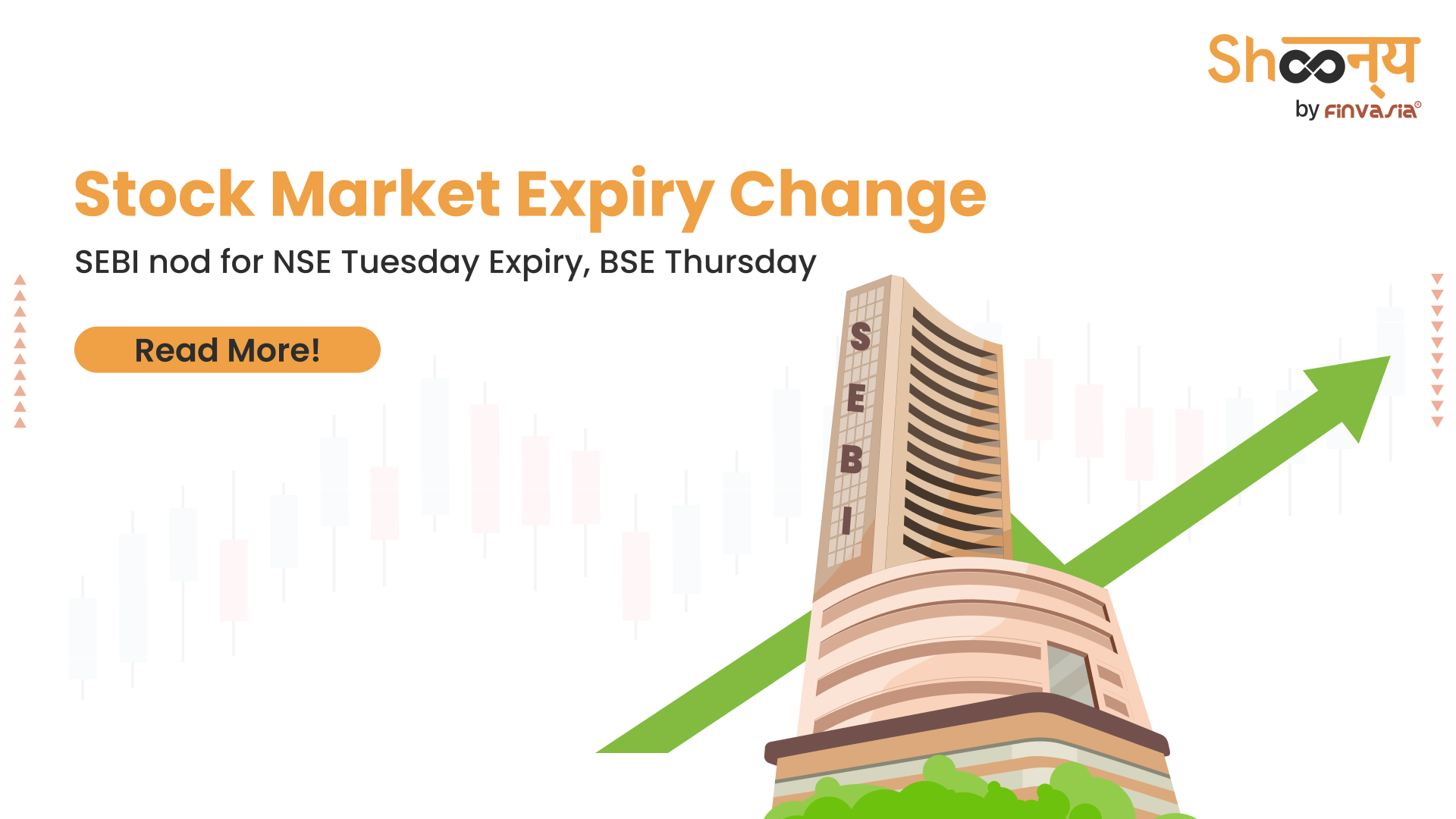The Securities and Exchange Board of India (SEBI) has approved the change in the Stock market expiry schedule for National Stock Exchange’s (NSE’s) weekly expiry to Tuesday. On June 18, yesterday, the share price of Bombay Stock Exchange (BSE) fell sharply after the announcement as SEBI not only changed NSE’s expiry but also changed BSE’s weekly expiry to Thursday, which is currently held on Tuesday. So, basically, both the stock exchanges’ weekly reports have been altered. These changes will be applicable from 1 September 2025.
BSE Share Movement Post SEBI’s Nod
While BSE has asked for the change in the weekly expiry day, its share fell sharply yesterday, and today it is also trading below 1% of the previous day’s closing price. The share price of BSE has already corrected around 12% in recent times from the all-time high of ₹3030. Having said that, the stock price of the oldest stock exchange also zoomed over 3X in the past 12 months.
BSE’s expiry day was earlier shifted from Friday to Tuesday in December 2024. Then the market share of the exchange rose to 23.5% in May 2025 from December’s 16.4%.
Impact on the Investors and Traders
Now, coming to the main aspect of the change, and that is what impact does this have on the investor, and actually, the answer is not much. Yes, the change in the Stock market expiry won’t have much effect on the investors.
However, if you are a trader, then there are some serious repercussions. Suppose you are into algo trading, then due to this change, the back-testing of data can be a problem. As there is not much data available for the Tuesday expiries, it can be an issue for back-testing in algo trading.
Having said this, the experts have the view that NSE will recover over a period of time and pull back its market share again.
Source: CNBC TV18
______________________________________________________________________________________
Disclaimer: Investments in the securities market are subject to market risks; read all the related documents carefully before investing.

